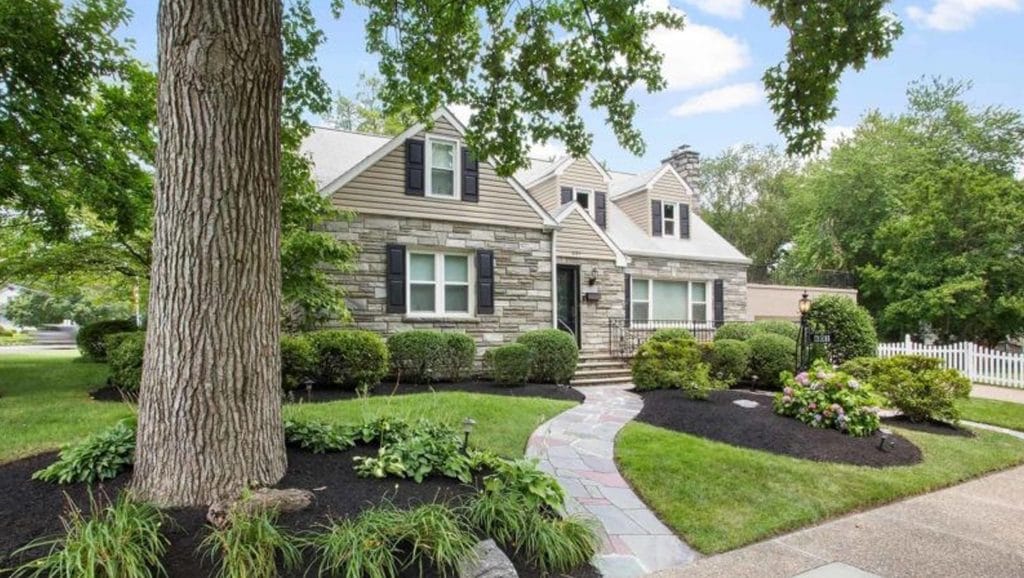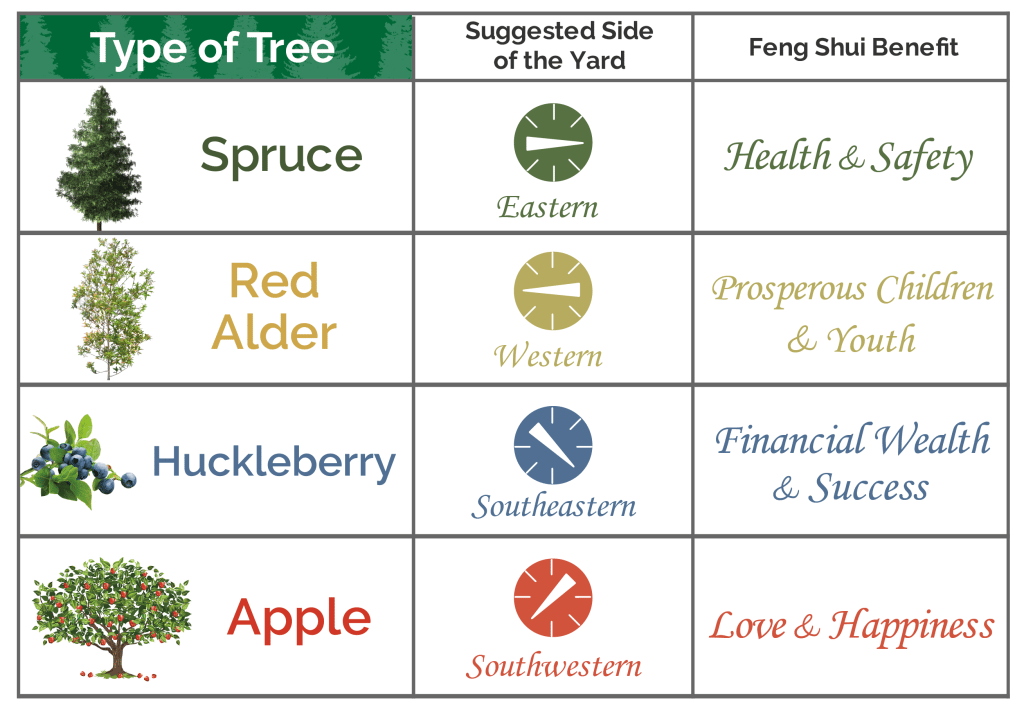
As residents of the Evergreen State, trees are a staple landscape feature for both aesthetics and environmental benefits. From improved curb value and increased privacy to temperature moderation and erosion control, investing time and resources into your home’s landscaping can bring you a host of economic, social, health benefits.
Whatever your reason for wanting to include trees in your yard, choosing the right tree can be difficult. It’s important to consider the environmental aspects of your outdoor area while complimenting the existing size, color, and shape of your home.

When deciding which tree is best for you, beauty and upkeep requirements are not the only factors to consider. A lot of details go into the process of choosing the perfect tree for your yard. Not only must you consider the reason behind your purchase but you must also research the type of environment your landscaping trees are going to require for healthy growth. For example, evergreen shrubs and trees maintain their lush green foliage throughout the year, delivering a constant touch of color to your landscaping design. Deciduous shrubs and trees lose their foliage seasonally, creating a less colorful backyard design throughout the cooler months.
Aside from just looking nice, healthy landscaping trees have the ability to provide a number of benefits for your home and yard. Below are a few of the gifts you can expect from the right trees:
Optimal tree shape and size can bolster the value it offers. For example, short trees with low-lying branches are ideal for areas with overhead power lines, while taller landscaping trees create excellent privacy dividers. The width of a landscaping tree’s branches determines how much shade it can provide, but also limits its placement in your outdoor design, particularly if you have a small or narrow yard. Similarly, if you were thinking of getting a tall, thin tree, choosing one that will grow in a columnar shape would be easier than pruning a fuller species into submission.
In general, mature landscaping trees with long lifespans provide greater value over younger trees with less potential. Trees offering longer lifespans tend to grow more slowly, while varieties with shorter lifespans grow quickly. If your landscaping needs are time-sensitive, choosing fast growers is the best option. You simply need to realize that the trees may need replacing at some point in the distant future.
In addition to keeping in mind how quickly you need the tree to grow, you may want to consider its size at maturity before choosing its role in your landscape design.
It’s important to look into the soil and sun requirements of any trees you intend to plant. For example, Spruce trees hold up extremely well in coastal environments such as Port Angeles while Maples might have a longer lifespan with less wind in Seattle. Site conditions are critical for the health and growth of your trees, enhancing both beauty and longevity, while also minimizing maintenance needs. A local expert can assist you in selecting a spot to plant your tree where it is going to thrive.
You should consider each of these aspects during your selection of a tree:
Even if you aren’t an arborist, you can still buy excellent landscaping trees to meet your intended goals. Look for the following characteristics when purchasing your tree to enhance the likelihood of successful growth:
Choosing the right tree for your yard involves more than simply finding a healthy tree that looks as though it can provide the service you want. Some landscaping trees may prove to be more work than they are worth. For example, some trees drop nuts, seeds, fruit, blossoms, and twigs that you have to contend with to keep your yard neatly landscaped. It’s important to keep this in mind before you actually bring a tree home. Here are some examples to consider:

If you’re interested in influencing the flow of energy around your home, incorporating the beliefs of feng shui into landscaping efforts is a great way to start. Below are some tips and tricks for optimizing your yard’s energy.
Most feng shui experts stress the importance of basing tree placement on the specific species of tree that you are planting. The side of your yard that you choose to plant on can have significant implications for its energy flow – here is some information on tree placement and the accompanying feng shui benefits based on tree type.

It is important to consider your purchase of a tree carefully, particularly because many varieties of landscaping trees can outlive the people who plant them. Your decision is likely to bring permanent consequences, including long-term maintenance costs and/or unpleasant results if you choose unwisely. On the other hand, selecting the right tree for your yard can provide years of happiness with positive results.
I like how you mentioned that healthy landscaping trees can enhance the beauty of your yard, filter out pollutants, reduce noise, and shield your home from wind. My wife and I are thinking of looking for trees for sale because we’re considering planting some in our backyard since we think it might help provide some shade and natural beauty to our property. I think it’s a good idea to consider shopping from a reputable store that has a nice tree for our home.